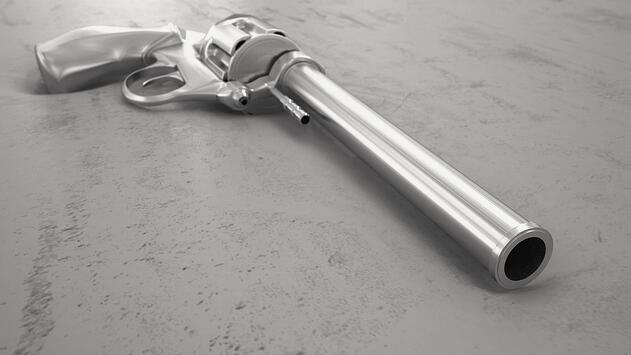If you or someone you know is facing a reckless endangerment with a firearm charge in the state of Wisconsin, the prospect of facing felony charges may incite feelings of hopelessness and an expectation of a future devoid of freedom.
To help bring the situation under control, you need to understand what the exact terms of the charges are, the possible penalties associated with the charges, and how to prepare a defense that will survive a legal challenge.
Reckless Endangerment with a Firearm Under Wisconsin Law
Reckless endangerment is divided into two degrees within Wisconsin state law. Reckless endangerment in the first degree covers any instances where the accused puts another's life in danger while exhibiting an utter disregard for human life.
The second degree differs from the first in the exclusion of the statement regarding human life. Proving that the act was carried out with such a disregard for human life puts a greater burden on the prosecution to prove that the accused acted with a depraved mind that viewed the likelihood of harming another human as inconsequential or acceptable.
For example, a similar statement in the criminal code for second-degree murder resulted in overturning the conviction of a street racer who struck and killed a pedestrian while driving under the influence of alcohol because the defense proved the defendant attempted to swerve away from the victim.
Conversely, showing an utter disregard throughout one portion of the incident is enough to hold up a first-degree conviction even if the accused later shows some evidence of caring for the endangered's life.
Second-degree reckless endangerment is a class G felony which carries a maximum monetary fine of $25,000, a prison sentence of not more than 10 years, or a combination of the two. First-degree endangerment is a more serious class F felony which has the same maximum fine but a longer prison sentence of up to 12 years and six months.
How the Use of a Firearm May Impact Your Case
If a firearm or any other deadly weapon is deemed to be involved in the case, the prosecution can seek to add more time to the prison sentencing of nearly any crime.
Since both levels of reckless endangerment are felonies that have maximum prison sentences of over five years, as many as five additional years can be added. Whether or not the accused is legally allowed to carry the firearm does not factor into the case for the firearm's use during a criminal act.
With the addition of this statute, the maximum penalty for first-degree reckless endangerment with a firearm is 17 years and six months, and the maximum penalty for the second-degree is 15 years.
What Other Steps Can Be Taken to Prepare Your Defense?
While knowing how Wisconsin law defines the charges and the outcome of a few past cases may help narrow down your defense strategies, coming up with a proper defense plan will take a combination of legal experience and perseverance.
Stangl Law has been representing Wisconsin residents in criminal court for over 30 years with an expansive record of successful cases and happy clients to show for it.
Stangl Law Offices, S.C.



